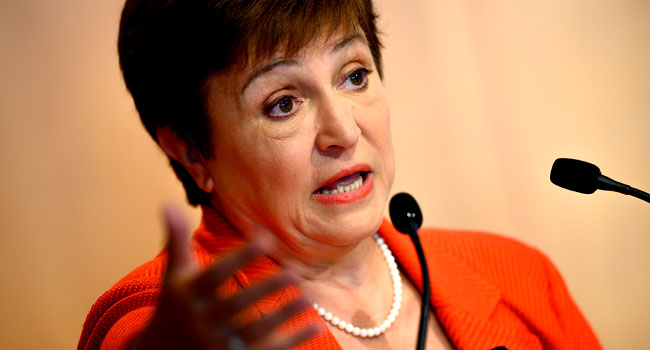Nigeria’s President Bola Tinubu has signed into law a sweeping overhaul of the country’s insurance sector, a move officials say will modernize regulations, fortify financial stability, and advance ambitions to grow the economy to $1 trillion. The Nigerian Insurance Industry Reform Act (NIIRA) 2025, confirmed by presidential spokesperson Bayo Onanuga on Tuesday, replaces decades-old laws with a unified legal framework designed to enhance transparency, attract investment, and align with regional economic integration efforts.
Central to the reforms are stricter capital adequacy requirements for insurers, mandatory coverage for high-risk sectors, and digitized systems to streamline services and claims processing. The act specifically prohibits delays in settling valid claims and establishes safeguards for policyholders, including protection funds to cover losses if a company becomes insolvent. It also mandates participation in cross-border schemes like the ECOWAS Brown Card System, which facilitates cross-border vehicle insurance coverage across West Africa.
“This legislation marks a pivotal shift toward global standards,” Onanuga stated, emphasizing that the updated laws would position Nigeria as a competitive player in Africa’s insurance landscape. The reforms, he added, directly support the federal government’s broader economic strategy, which targets a tenfold increase in GDP by 2030 through sectoral modernization and improved investor confidence.
Responsibility for enforcing the act falls to the National Insurance Commission (NAICOM), Nigeria’s industry regulator, tasked with driving higher insurance adoption nationwide. Less than 1% of Nigerians currently hold insurance policies—a figure the government aims to boost by improving public trust and accessibility. Analysts suggest digitizing insurance processes could broaden reach in rural areas, where traditional bureaucratic hurdles have historically limited participation.
The presidency projects that the changes will spur job creation and innovation while mitigating risks in sectors like agriculture, infrastructure, and healthcare through expanded compulsory coverage. Critics, however, have raised concerns about the compliance costs for smaller firms under stricter capital rules, which could spur industry consolidation.
The law’s regional focus, particularly its embrace of ECOWAS initiatives, reflects Nigeria’s push to strengthen intra-African trade partnerships. By harmonizing standards with neighboring countries, officials anticipate smoother cross-border business operations and heightened foreign interest in the sector.
While the full economic impact remains to be seen, the reforms signal a decisive step in addressing long-standing inefficiencies. As Africa’s largest economy seeks to diversify beyond oil, modernizing financial services like insurance is increasingly framed as critical to shielding households and businesses from climate, economic, and social shocks—an essential pillar, the government argues, for sustainable growth.



